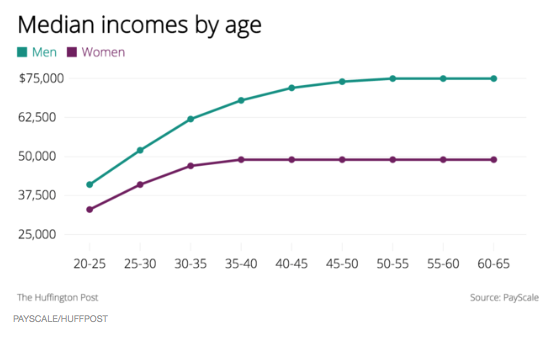If this term is new to you, it basically refers to the tone and pattern of female speech. For years, women have been counseled to shift and alter their normal way of speaking to be "better heard and taken seriously" by speaking with more masculine speech patterns. But this article challenges this advice, saying that women shouldn't have to shape shift to better fit within a patriarchal environment.
Uptalk & the Important of Normalizing Women's Speech Patterns
Uptalk, also called upspeak, is a linguistic term usually associated with how women speak. Many professionals advise women to eliminate the style of speaking entirely in order to be taken seriously in and out of the workplace, but this ill-advised guidance stems from patriarchal, sexist beliefs.
Here, we’ll walk through what uptalk is, how it's often perceived in the workplace, research on its benefits (yes, really), and the importance of normalizing women's speech patterns.
What is uptalk?
Dr. Kami Anderson, an interculturalist and linguist, says, “Uptalk is a lilt that is commonly used to soften communication. It’s a way that people use paralanguage, or the sound of their voice and intonations, to appear more friendly, personable, and approachable.”
Basically, it’s when sentences have a rising intonation at the end that causes statements to sound like questions. And although it’s used by both men and women, women seem to draw the short straw when it comes to criticism of the speaking style. Uptalk can even become a protection mechanism for women in order to avoid coming across as overbearing or bossy—sexist adjectives commonly used to undermine women leaders.
Another related linguistic style is called a vocal fry, a style in which a voice is dropped to its lowest natural register, which produces a creaking sound. And due to sexist ideas of what professionalism means, women are deemed unprofessional when their voice doesn’t fit into what is expected of them in male-dominated spaces.


 RSS Feed
RSS Feed